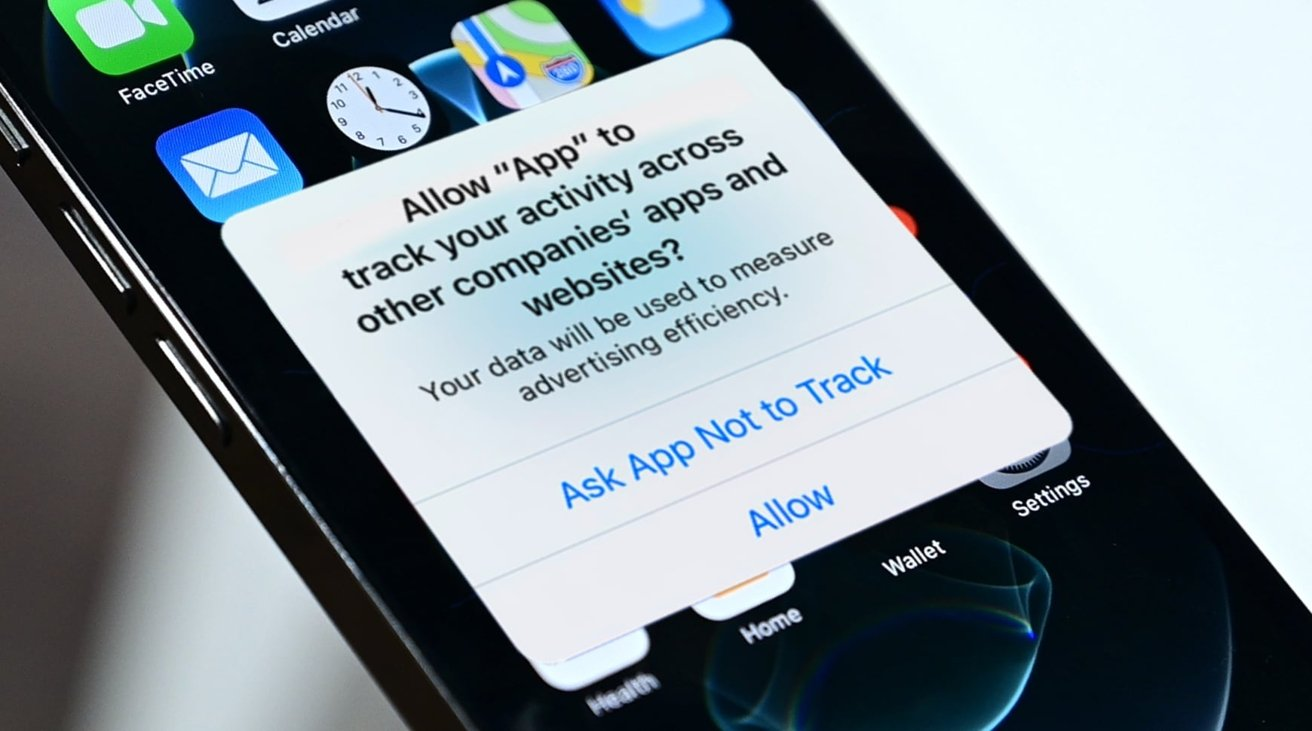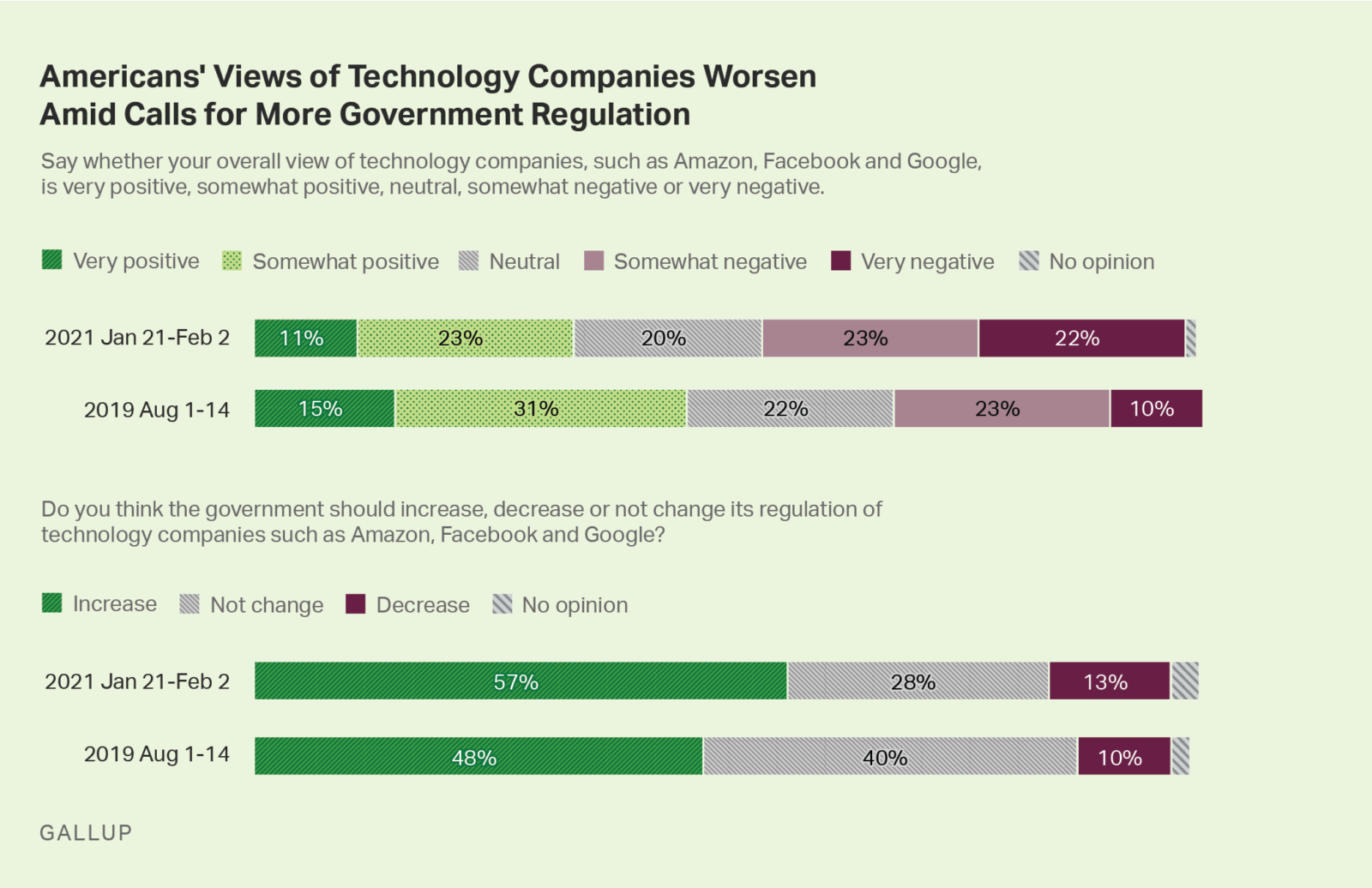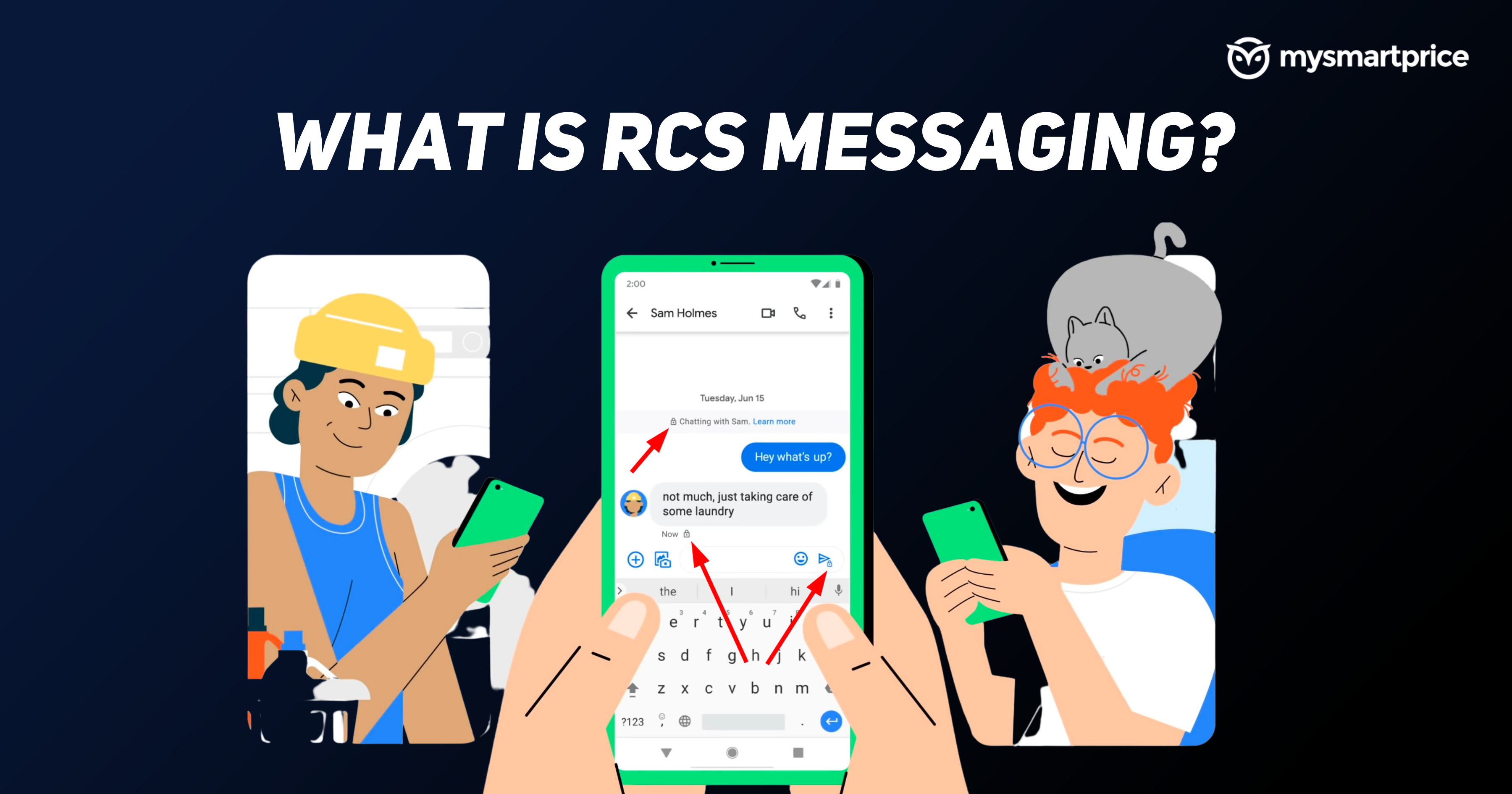Apple App Tracking Transparency (ATT) has become a focal point in the ongoing debate over user privacy and data collection regulations. Recently, the French antitrust authority imposed a hefty €150 million fine on Apple, citing its ATT feature as an abuse of dominance in the mobile app ecosystem. This ruling highlights the tensions between protecting iOS user privacy and the concerns of smaller publishers who rely on data tracking for their revenue streams. Even though the ATT feature aims to provide users with greater control over their information, the agency argues that it complicates the user experience, leading to excess pop-ups that hinder third-party applications. As the conversation around the Apple ATT ruling and its implications continues to unfold, it raises important questions about the balance between consumer protection and market competitiveness.
The App Tracking Transparency feature introduced by Apple has stirred considerable controversy in recent times, particularly following a significant ruling from the French regulatory body. Known for its impact on iOS user privacy, this feature allows individuals to decide whether apps can track their online activities. The recent antitrust fine against Apple emphasizes a growing conflict surrounding data collection practices and the potential repercussions for smaller businesses in the app distribution landscape. While many see ATT as a positive step toward enhancing user consent, others assert that its implementation creates unnecessary obstacles for app developers, ultimately affecting the diversity of offerings in the mobile ecosystem. This nuance challenges the perception of data privacy innovations as purely beneficial and underscores the complexities of navigating regulatory frameworks in the tech industry.
Understanding Apple’s €150 Million Fine in France
The recent fine imposed by the French antitrust regulator, Autorité de la Concurrence, on Apple for its App Tracking Transparency (ATT) feature is significant, marking a critical moment in the evolving landscape of digital privacy and regulation. With a hefty fine of €150 million, the regulatory body has underscored concerns surrounding Apple’s dominant position in the mobile application distribution sector, emphasizing the need for fair competition and corporate accountability. This ruling is rooted in the context of Apple’s ATT feature, designed to bolster iOS user privacy by allowing users to opt-out of tracking by applications—a feature many argue has been used to stifle competition under the guise of enhancing user control over personal data.
The fine brings to light broader issues, including the implications of data collection regulations and how they impact not just large corporations but also small publishers reliant on third-party data for their business models. While Apple positions its ATT feature as a means of protecting user privacy, the Autorité argues that its implementation complicates the user experience and disproportionately affects smaller app developers. This dilemma reveals the inherent conflict between user privacy initiatives and the economic vitality of businesses that depend on data collection, highlighting the intricate balance regulators must maintain in crafting legislation that safeguards consumer interests while fostering a competitive environment.
The Controversy Surrounding App Tracking Transparency (ATT)
App Tracking Transparency has ignited a fierce debate in the digital marketing ecosystem. On one hand, with growing concerns over data privacy, users are increasingly valuing features like ATT that empower them to control their online activities. The Autorité de la Concurrence acknowledges that the intention behind ATT is commendable, yet it critiques its execution as excessive and unbalanced. This critique raises pertinent questions: How effective is ATT in safeguarding user privacy when significant loopholes and complexities remain? With one of the central complaints being excessive pop-ups diluting user experience, the ruling challenges the effectiveness of Apple’s privacy-driven initiatives.
Moreover, the debate extends to the economic ramifications of ATT on digital advertising. Critics argue that while larger corporations like Meta can weather these restrictions, smaller publishers are left at a disadvantage. As companies relying heavily on targeted advertising struggle to adapt to a landscape where user consent must be explicitly sought, the ruling reveals the unintended consequences of ostensibly protective measures. If the ATT framework is leaving smaller players out of the competitive landscape, then the value of user privacy may come at a steep cost to the diversity and richness of the digital ecosystem, suggesting a need for regulatory clarity and balance.
Implications of France’s Antitrust Fine on Global Data Regulation
France’s antitrust ruling against Apple could set a precedent for global data regulation, particularly in the wake of increasing scrutiny on digital markets. The decision sheds light on a crucial debate regarding the role of tech giants in the regulation of user privacy versus their monopolistic tendencies in the digital marketplace. By levying a €150 million fine, the Autorité de la Concurrence has signaled that the enforcement of data collection regulations will be closely monitored and that companies operating in multiple jurisdictions should heed the evolving global standards designed to protect consumers and foster competitive practices.
The ruling also serves as a reminder for other countries about the potential need for similar regulatory measures to ensure that user privacy is respected without compromising market dynamics. The interplay between user privacy, competitive fairness, and revenue generation for app developers is complex and necessitates thoughtful legislation. As more nations grapple with the ramifications of similar privacy policies and antitrust claims, the global technology ecosystem may see a harmonization of data protection laws driven by the principles established in this landmark case.
The Role of User Consent in Data Privacy
User consent is at the heart of contemporary data privacy discussions, especially in relation to Apple’s App Tracking Transparency framework. By requiring explicit user consent for tracking, ATT aims to empower consumers and align with the stringent data protection laws that have emerged globally. However, the recent findings by the Autorité de la Concurrence illustrate that user consent mechanisms can inadvertently complicate app functionality and user experience. While user empowerment is essential, it’s equally crucial that the systems in place remain user-friendly and do not create barriers that dissuade app usage.
The complexities that accompany consent under the guise of enhancing user privacy introduce a paradox: how can companies uphold user rights while facilitating seamless interactions across digital platforms? The juxtaposition of GDPR requirements alongside Apple’s own tracking prompts makes consent an often confusing and convoluted experience for many iOS users. To strike a balance, companies must prioritize clarity in consent processes, ensuring that users can navigate their options without the frustration of multiple pop-ups and notifications. This will be key in developing a data privacy framework that genuinely serves the interests of consumers.
Analyzing the Impact of App Tracking Transparency on Small Publishers
The implications of Apple’s App Tracking Transparency feature extend far beyond user privacy, significantly affecting small publishers reliant on advertising revenue. The Autorité de la Concurrence argues that ATT creates an uneven playing field, particularly benefitting large corporations while complicating the landscape for smaller operators who depend on third-party data. As these smaller entities struggle to adapt to the new requirements dictated by Apple’s framework, concerns arise about the sustainability of their business models in a landscape dominated by larger, data-rich corporations.
Moreover, as smaller publishers navigate the realities of reduced access to user data, the potential for innovation and diversity in the digital marketplace could be stifled. If these publishers lack the resources to compete effectively in a world where user tracking has become increasingly restricted, their viability could be jeopardized. This raises urgent questions for policymakers: how can regulations support user privacy without suffocating the small-to-medium-sized businesses that add diversity and flavor to the digital space? Ensuring that small publishers can thrive alongside the likes of Apple will require measured policies that consider both user consent and economic fairness.
The Future of Apple’s App Tracking Transparency Strategy: Necessary Changes Ahead?
As the dust settles on the €150 million fine imposed by the Autorité de la Concurrence, questions abound about the trajectory of Apple’s App Tracking Transparency strategy. While Apple has staunchly defended its approach as a protector of user privacy, the regulatory body’s critique offers a compelling argument for re-evaluation. Without significant changes to how ATT is implemented, Apple risks further regulatory scrutiny—not only in France but also in other jurisdictions where user data protection is paramount.
Moving forward, Apple must consider whether its current implementation of ATT truly serves the interests of iOS users or merely extends its market dominance. Adjusting the ATT framework to reduce user confusion and establishing clearer expectations around data consent could pave the way for a less contentious relationship with regulators, consumers, and app developers alike. To effectively address the concerns raised, a more user-oriented approach to the ATT could enhance Apple’s reputation not simply as a privacy advocate but also as a facilitator of fair competition in the digital marketplace.
Navigating the Gaps in Data Protection Regulations
In the landscape of global data protection, navigating gaps in regulations remains a pressing concern for both consumers and businesses. While Apple’s App Tracking Transparency feature has received acclaim for its emphasis on user consent, the practical implications of such a system reveal inconsistencies in how data protection laws are applied. The findings from France’s antitrust ruling further highlight that even well-intentioned regulations can lead to unforeseen complexities that may disadvantage certain market players.
As the enforcement of data protection laws evolves, it is imperative that regulators strike a balance that does not inadvertently favor larger corporations over smaller ones. The gaps identified in the current framework necessitate a collective re-examination of how regulations can be crafted to ensure comprehensive protection for all stakeholders, rather than just a select few. Collaboration between tech companies, regulators, and consumer advocates is key to creating a more equitable digital ecosystem where data privacy and fair competition can coexist.
Comparing Global Approaches to Data Tracking and Privacy
The divergence in global approaches to data tracking and privacy underscores the complex landscape organizations must navigate as they expand internationally. Countries like France are taking bold steps toward enforcing strict data protection regulations, as evidenced by the recent fine imposed on Apple. In contrast, other nations may adopt more lenient policies that allow for greater flexibility in data collection practices. This disparity can create significant challenges for companies operating across borders, necessitating a keen understanding of each region’s regulatory environment.
The contrasting strategies highlight a pressing need for harmonization in data privacy legislation. While protecting user rights is universally acknowledged, the methods by which these rights are upheld can vary dramatically. As countries grapple with how best to enforce data tracking regulations, learning from cases like Apple’s fine could lead to more coherent frameworks that benefit users and fair competition alike. The future of global data privacy regulations will likely hinge on balancing robust user protection with the need for economic growth in the digital age.
Reflecting on Consumer Interests and Digital Advertising
At the core of the discussion surrounding App Tracking Transparency is the tension between consumer interests and the evolving landscape of digital advertising. Apple’s initiative was initially heralded as a major win for users seeking greater control over their data. However, as the Autorité de la Concurrence has pointed out, the practical outcomes of ATT may not align with its intended purpose. The challenge lies in ensuring that while users are protected, advertisers, especially smaller players, are not unduly hampered in their ability to reach audiences effectively.
The conflict raises critical questions about the future of digital advertising in a privacy-centric world. As more tech giants comply with rigorous data protection measures, the landscape of advertising may shift dramatically. A potential reduction in targeted ads could lead to decreased revenue for content creators, filling the void with less relevant advertising, thereby undermining the user experience. Solving this paradox of consumer protection and advertiser needs will require innovative solutions that prioritize user privacy without jeopardizing the commercial interests that underpin much of the online ecosystem.
Frequently Asked Questions
What is the Apple App Tracking Transparency (ATT) feature?
The Apple App Tracking Transparency (ATT) feature is a privacy framework introduced by Apple that requires apps to obtain user consent before tracking their online activities. It empowers users with the choice to allow or deny tracking, enhancing iOS user privacy.
Why was Apple fined €150 million by the French antitrust authority regarding ATT?
Apple was fined €150 million by the French antitrust authority, Autorité de la Concurrence, for abusing its dominant position in the app distribution sector, related to the implementation of the App Tracking Transparency (ATT) feature. The authority claimed the execution of ATT resulted in excessive complexity for users and harmed smaller application publishers.
How does the Apple ATT framework impact smaller publishers?
The App Tracking Transparency (ATT) framework disproportionately affects smaller publishers who rely on third-party data collection for revenue, as it complicates targeted advertising efforts and potentially reduces their competitiveness against larger entities, like Meta, who have data-rich infrastructures.
Does the ATT feature require more than one pop-up for consent?
While generally, the ATT feature triggers a single notification for users on whether to allow tracking, residents in the EU may experience two alerts due to the General Data Protection Regulation (GDPR) requirements, which add an extra layer of consent for data collection.
What are the privacy implications of the Apple App Tracking Transparency rules?
The Apple App Tracking Transparency (ATT) rules are designed to enhance iOS user privacy by giving users control over their data, but the French authorities criticized them for being overly complicated and potentially harming consumer interests by limiting app experiences and advertising diversity.
What can iOS users do if they don’t want apps to track their online activities?
iOS users can prevent apps from tracking their online activities by navigating to Settings > Privacy & Security > Tracking and toggling off the ‘Allow Apps to Request to Track’ option. This will eliminate pop-up notifications related to tracking.
What criticisms have been raised against Apple’s App Tracking Transparency feature?
Critics, including the French antitrust authority, argue that the App Tracking Transparency (ATT) feature is unnecessarily complex, disproportionately impacts smaller app publishers, and may ultimately undermine the diversity of advertising methods available to users.
How did the French antitrust ruling interpret Apple’s handling of user consent for tracking?
The French antitrust ruling criticized Apple for treating its own advertising differently; while allowing a simple pop-up for its personalized ads, it imposes a more complex, multi-step consent process for third-party apps, which authorities viewed as harmful to competition.
What is the aim of the App Tracking Transparency feature as stated by Apple?
Apple’s App Tracking Transparency (ATT) feature aims to protect user privacy by preventing applications from collecting and tracking personal data without user consent, thereby fostering a more transparent data-sharing environment.
How does App Tracking Transparency relate to data collection regulations?
App Tracking Transparency (ATT) aligns with broader data collection regulations, such as the GDPR, by emphasizing the importance of user consent before data collection occurs and promoting rigorous standards for protecting personal information in the digital landscape.
| Key Points | Details |
|---|---|
| Fine Imposed | Apple was fined €150 million for abusing its dominant position regarding App Tracking Transparency (ATT) from April 2021 to July 2023. |
| Feature Overview | App Tracking Transparency allows users to prevent tracking of their online activities by applications. |
| Regulatory Findings | The French regulator criticized ATT for being excessively complex for users, involving multiple pop-ups for third-party apps. |
| Impact on Publishers | The ATT framework allegedly disproportionately harms smaller publishers dependent on third-party data for revenue. |
| Consumer Implications | Despite its aim to protect user privacy, the implementation may complicate the user experience and harm economic interests of smaller operators. |
Summary
Apple App Tracking Transparency (ATT) has come under scrutiny from the French antitrust agency, which imposed a hefty fine on Apple for allegedly abusing its dominance in the mobile app distribution market. While the intention behind ATT was to enhance user privacy by limiting app tracking, the execution has raised concerns about its complexity and the unintended consequences it poses for smaller app publishers. This ruling highlights the need for careful consideration of how privacy features can impact the overall landscape of app development and user experience.



